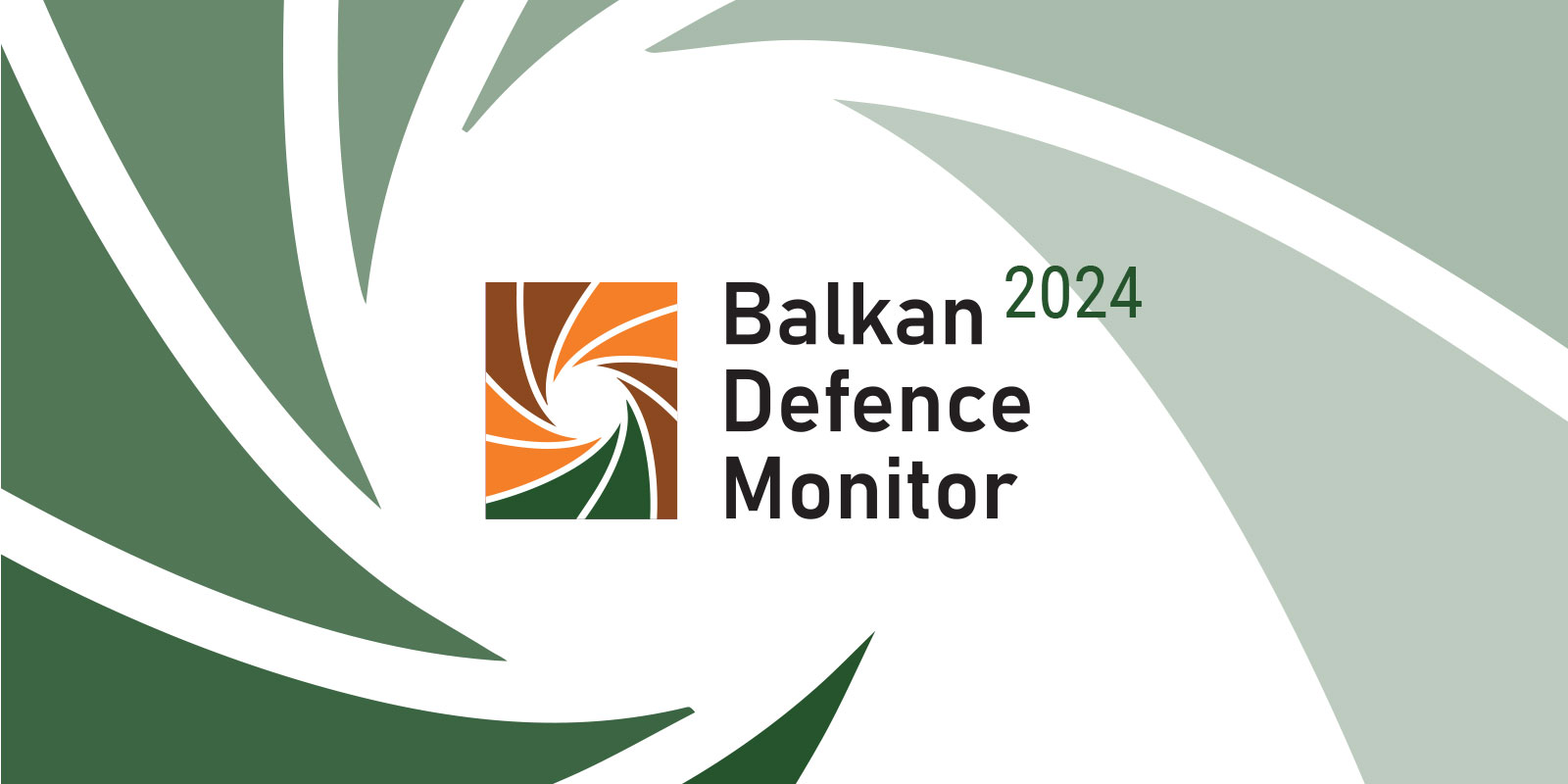PUBLICATION: Analysis
Raising Fear of Conflicts vs Raising Hopes in Collaboration and Solidarity – How the Serbian Public Perceives Regional Relations
Are the citizens of Serbia afraid of the outbreak of armed conflict in the region? What do they think about the Open Balkans initiative? What is their view on the solidarity in the region, and how do they see Serbia's relations with Bosnia and Herzegovina and Montenegro. We present you an analysis of citizens' attitudes on these topics.
To shed the light on the Serbian public views on regional dynamics, potential for conflicts in the region, but also regional cooperation and solidarity, BCSP conducted a public opinion survey from mid to late September 2021, on a sample of 1,000 Serbian citizens. The results of the survey are presented in the analysis.
In recent months, citizens in the Balkans have been talking intensely about whether there will be a new conflict in Bosnia and Herzegovina or between Serbs and Albanians in Kosovo. While democratisation and Euro-Atlantic integration were one of the main drivers of reducing tensions after the Yugoslav wars, the current context in the Western Balkans is characterised by democratic regression, and even the restoration of autocracy as ideologies of the 1990s resurface, accompanied by the negligence of the entire region on the part of the EU. The COVID-19 pandemic has only accelerated the overall trend of democratic erosion and exposed populist leaders willing to use every crisis to grab even more power and further undermine democratic norms and institutions, while exploiting long-standing ethnic divisions.
In such an environment, there is little room for genuine cooperation among the Western Balkan countries. In recent years, Serbia has worked intensively to improve relations with global and regional powers, and to turn old enemies into new friends, such as the United States, Turkey or Hungary, while Serbia’s relations with most Western Balkan countries could be described as “one step forward, two steps back”. Much of the incentives for regional cooperation and the improvement of bilateral relations between the Western Balkans countries has been driven by the EU or its members states. However, as the entire region became increasingly isolated due to the disappearance of the EU accession prospect in the near future, some Western Balkan countries have decided to launch their own initiatives.
The data presented in the report derive from the Western Balkans Security Barometer (WBSB) survey. WBSB is a new regional initiative launched by KCSS in 2020, implemented in cooperation with the Belgrade Centre for Security Policy (BCSP) in Serbia and Center for the Study of Democracy and Governance (CSDG) in Albania, supported by the National Endowment for Democracy (NED). WBSB serves as an instrument to measure public perceptions in Albania, Kosovo and Serbia on different security-related issues. The findings demonstrate how citizens percept or are informed about the issues presented in this report. As such, the views presented in this report do not necessarily represent the views of the KCSS, BCSP, CSDG or NED.
Tags: public opinion, regional relations
DETAILS
AUTHORS
SHARE
PDF PREVIEW
RELATED

Date: 17.05.2024.
Author: Dr Srđan Cvijić | Ivana Ranković |
Bilateral disputes between European Union member states and candidate countries are one of the key obstacles to EU enlargement. They have been plaguing the EU accession process ever since the breakup of Yugoslavia and the subsequent border dispute between EU member Slovenia and candidate country Croatia which then ensued. More recently we have the case of North Macedonia. It became a candidate country in 2005 but ever since, its accession negotiations have been bogged down by endless bilateral disputes.

Date: 17.05.2024.
Author: Dr Srđan Cvijić | Ivana Ranković |
Bilateral disputes between European Union member states and candidate countries are one of the key obstacles to EU enlargement. They have been plaguing the EU accession process ever since the breakup of Yugoslavia and the subsequent border dispute between EU member Slovenia and candidate country Croatia which then ensued. More recently we have the case of North Macedonia. It became a candidate country in 2005 but ever since, its accession negotiations have been bogged down by endless bilateral disputes.

Date: 27.02.2024.
Author: Belgrade Centre for Security Policy |
We present you the new Balkan Defence Monitor - independent and comprehensive source of information regarding defence topics in the region.




